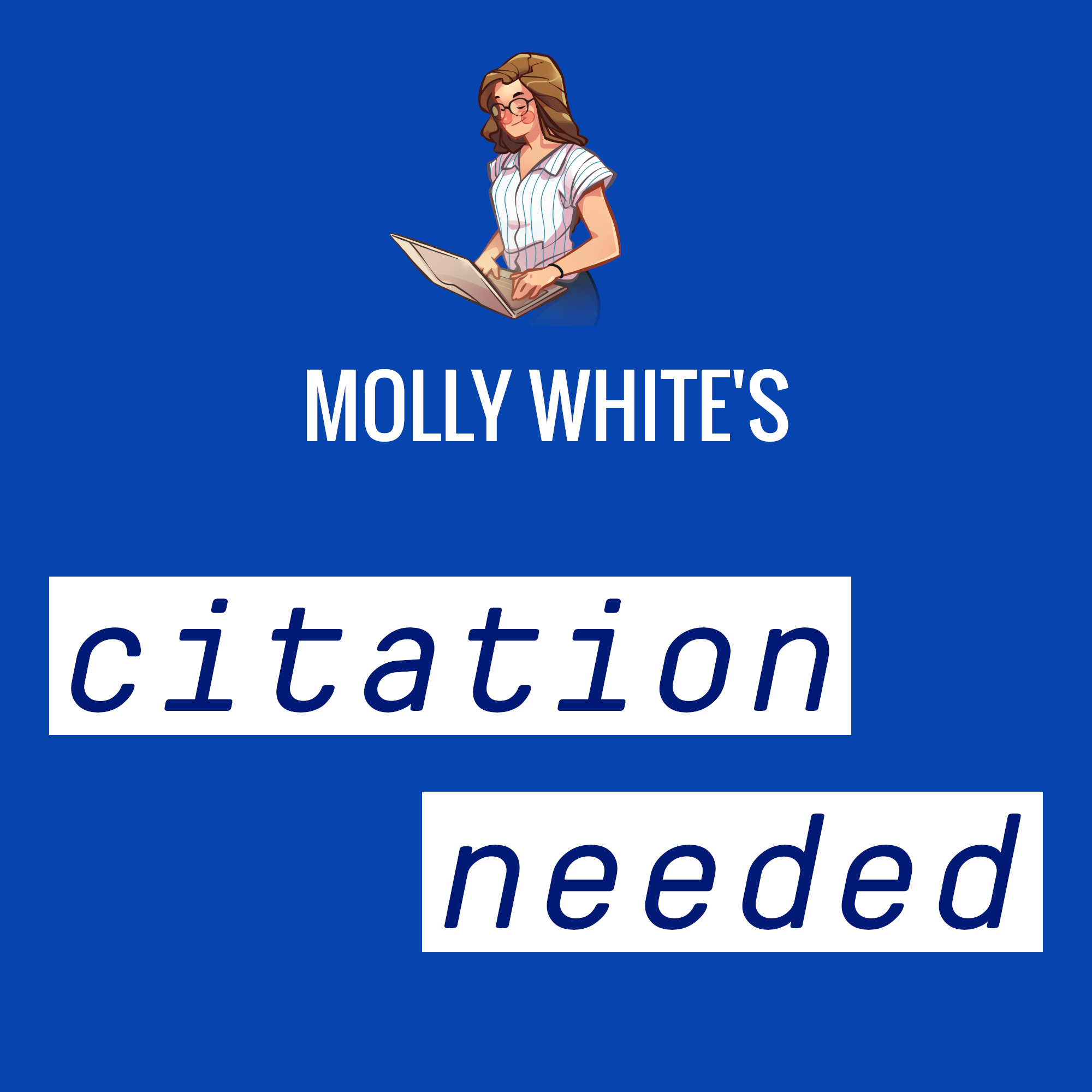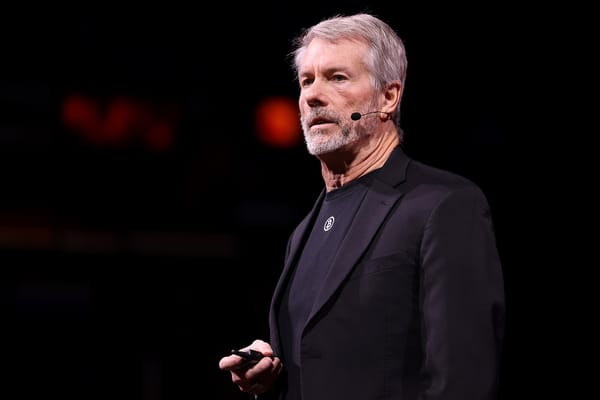POSSE: Reclaiming social media in a fragmented world
A simple technique offers the best of both worlds: total control over your own work, while still maintaining a presence on third-party platforms.


First it was LiveJournal, Friendster, and MySpace. Then Facebook exploded onto the scene. Twitter came along not long after, although it would still be a while before it integrated now-ubiquitous features like mentions, retweets, and on-site photos. Google+ came and went. Then Twitter’s acquisition and rapid decline forced many to reckon with their continued presence there, and many either adopted or migrated entirely to alternatives like Mastodon or the nascent Bluesky or Threads.
Most of us who use social media have used multiple platforms either simultaneously or in sequence. Sometimes the shift away from using a platform feels organic, and we just gradually spend less time on it as our attentions — or our friends’ attentions — move elsewhere. Our accounts grow dormant, but there is little in the way of conscious realization that we have left. Other times it feels abrupt and jarring, such as when platforms shut down, get acquired, or terminate our accounts, or when decisions by the companies that run them make our continued presence there feel untenable.
When platforms die, there is inevitably community loss as the userbase fragments. Some people move to the same platforms but never manage to reconnect. Others migrate to different services that don’t interoperate. Some vanish entirely. Each shift requires rebuilding, and the process of finding the people you once knew and the communities you once valued is laborious. Each shift takes its toll, and everyone has a limit of how much energy they’re willing to expend on a new platform that will eventually, like its predecessors, join the graveyard of defunct websites. And with the shift, old posts and conversations are lost to abandoned accounts or, eventually, server shutdowns.
As the list of platform options grows, this only becomes more difficult. When Elon Musk’s acquisition of Twitter spurred many to seek replacements — or at least backup plans — there was a long list of reasonably similar alternatives to choose from. Some went to Mastodon. Some who could get their hands on invite codes went to Bluesky.a Later on, Meta launched Threads, so some people went there. A long tail of alternative options ranging from Post to Truth Social to Nostr drew in others.
Some of us set up accounts in multiple new places to try to stay connected with the people we care about, only to then have to grapple with the challenges of having several relatively similar platforms to juggle. Do I post the same things on each of them? Are some posts better suited to Mastodon, while others feel more at home on Bluesky? How do I keep up with conversations split across three different websites or apps? For me, the announcement of a new platform with new features and new people now elicits less of a feeling of excitement, but rather a feeling of “oh no, not another one.”
When I started using Mastodon in addition to Twitter, it felt manageable. I could reasonably copy-and-paste my posts across two platforms, even if it was a bit of a pain. Two browser tabs and two apps on my phone felt doable. When I added Bluesky on top of it, it no longer felt manageable. Posting a multi-post thread with photos and alt text became a tedious chore, especially with variations in character limits and other functionality. But I didn’t really want to leave any of these platforms entirely, because each was home to occasionally but not entirely overlapping groups.
I think federation is the long-term solution to these problems. Eventually, I dream we will be able to seamlessly interact with people across platforms. When a platform reaches the end of its life, we will be able to easily migrate elsewhere with no loss of community. But while progress towards this future has been promising, we are not there yet. Mastodon federates with a handful of relatively small services via the ActivityPub protocol, but not many of the popular microblogging alternatives.b Bluesky is working on its own federation protocol called AT Proto, which is not interoperable with ActivityPub.c
POSSE
The short-term solution to these problems is a little-known acronym called POSSE. Short for Post (on) Own Site Syndicate Elsewhere, it’s not a protocol or even a piece of software, but rather a philosophy. Rather than publishing a post onto someone else’s servers on Twitter or Mastodon or Bluesky or Threads or whichever microblogging service will inevitably come along next, the posts are published locally to a service you control.d At that point, the rest is simple (if not easy): plugging in whichever social media sites you desire, and syndicating the posts through them either by copying the post there directly, or publishing a snippet with a link back to the original source.

The next time a new social media site comes along, you can plug it in to your existing system. And the next time a social media site dies or becomes untenable, you just disconnect it. With this model, even when a platform goes under, you lose relatively little: your posts still remain live and under your control on your site, even if the copies of them on the disconnected website are abandoned or deleted. And ideally, friends who followed you on the disconnected platform will know where to find your personal site, and they can either follow you theree or follow you on any of the other platforms where you syndicate.
Next to proper ownership of your own work, my favorite thing about POSSE is that it massively expands what you can publish, far beyond the limitations imposed by most social media (and especially microblogging) platforms that try to enforce some uniformity in post style, length, and appearance. On Bluesky I can’t post more than 300 characters or use most text formatting, much less format my posts in the fonts and styles I like, use footnotes, or, heck, write custom JavaScript to turn your cursor into a cat. On my own website, the sky (and the tolerance of visitors for cat-shaped cursors) is the limit. Then, what can’t be crossposted natively to other platforms can be reformatted or stripped out, posts can be chopped into threads to meet length limitations, and the rest can be achieved with a link back to the site for those who want to see the original post in all of its glory.
POSSE is not without its challenges, though. For one, although it handles the publishing end of things, it does not solve the issue of conversations fragmented across multiple platforms. When a person responds to a syndicated post, the reply typically remains siloed on that platform. (Some backfeed replies onto their own sites, though I choose not to do this.) Because I actively use the three platforms where I currently syndicate my microblog posts, I just reply to any comments on the platforms where they happen, and deal with the fact that sometimes similar conversations happen in multiple places.
Secondly, and perhaps most onerous: there is not a strong software ecosystem around POSSE. Most people I know who employ the practice have written their own (typically open source) implementations, as I have. Some brave souls do it entirely or largely manually, copying-and-pasting threads across multiple services. Outside of that, options are somewhat scarce, although there is a WordPress plugin and tools like Brid.gy and IFTTT.
Despite its challenges, POSSE is extremely empowering for those of us who wish to cultivate our own corners of the web outside of the walled gardens of the major tech platforms, without necessarily eschewing them entirely. I can maintain a presence on the platforms I enjoy and the connections I value with the people there, while still retaining primary control over the things that I write and freedom from those platforms’ limitations. And the next time a social media platform runs out of venture capital, or its billionaire owner decides I’m too annoying to keep around, I’ll still be here, writing. Consider joining me.
Further reading
- “Dead letters”, Cory Doctorow.
- “The poster’s guide to the internet of the future”, The Verge.
- “Coming home”, Mandy Brown.
Footnotes
Bluesky later opened its platform to public registration in February 2024, about a year after Musk’s acquisition of Twitter. ↩
Threads has been working on integrating ActivityPub, but it remains an opt-in feature and functionality is limited. Threads users can’t follow Mastodon users or reply to their posts, and a seamless migration from Threads to Mastodon isn’t possible. ↩
There are murmurs around whether one day it might be, but these certainly don’t seem to be a priority of either ActivityPub or AT Proto. ↩
“Control” can mean whatever you like. For me, I like to properly “own” the primary sites where I publish by running my own software on servers and at domains I rent. Some go even further by running their own physical servers. Others are content to publish on personal websites located at various webhosts. Others still consider publishing on a third-party platform (perhaps with backups or at least data export options) to be an acceptable level of control. ↩
Services like RSS allow people to follow personal websites without the intermediary of a platform like Twitter. ↩




